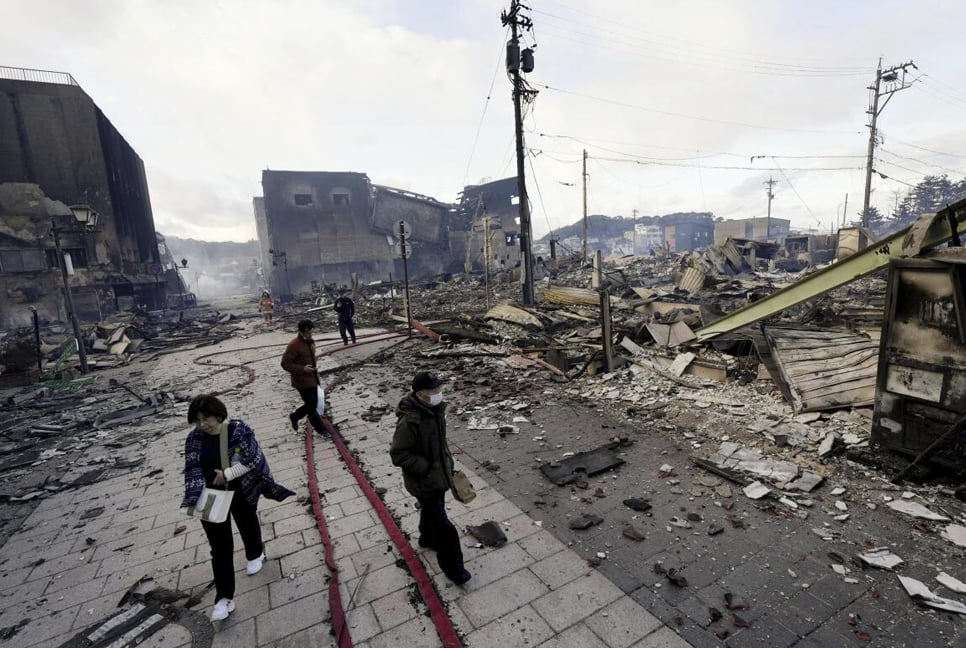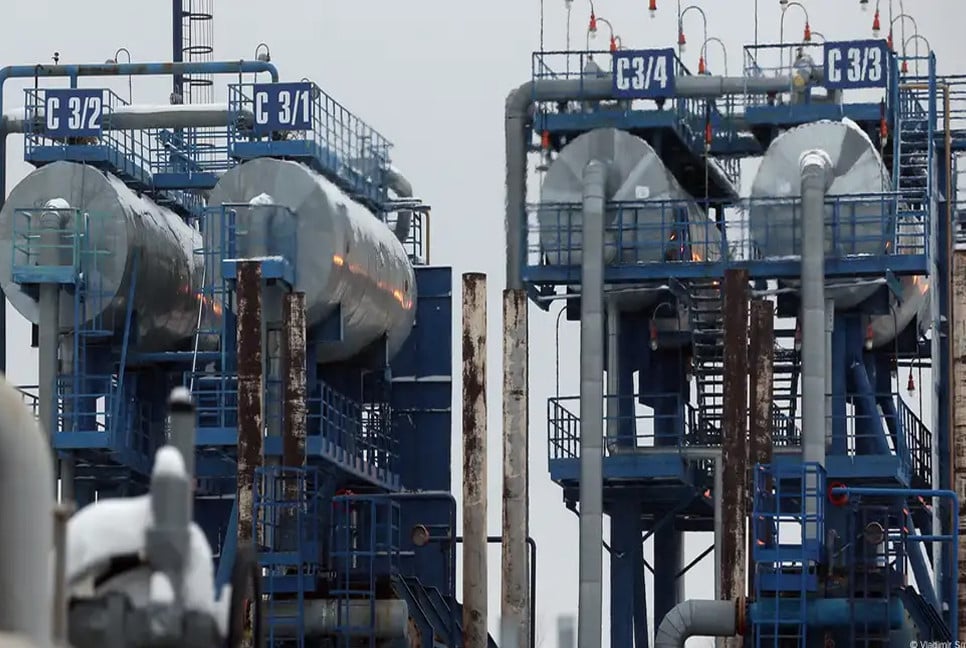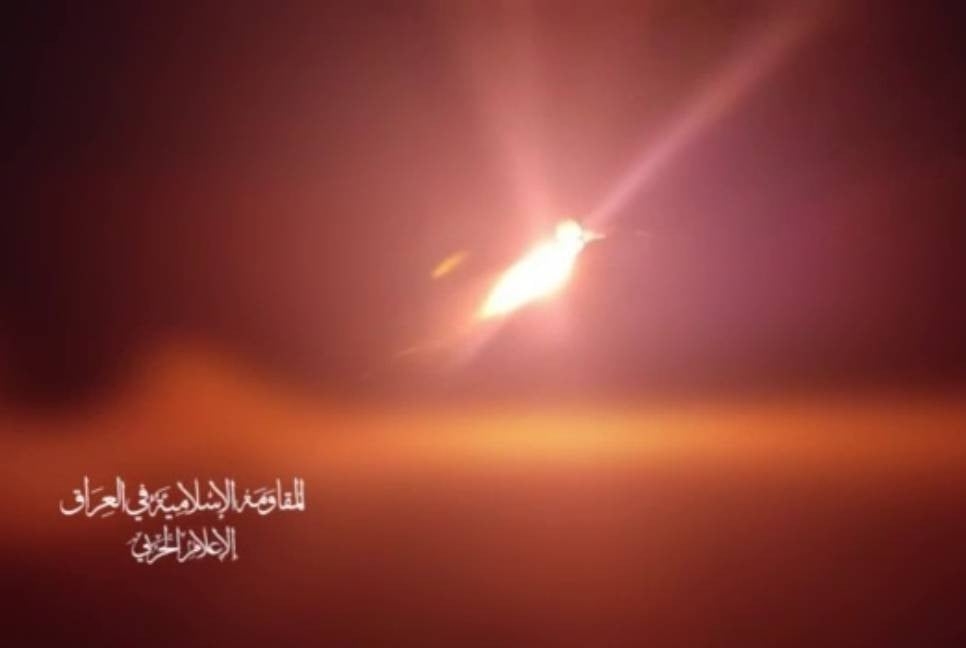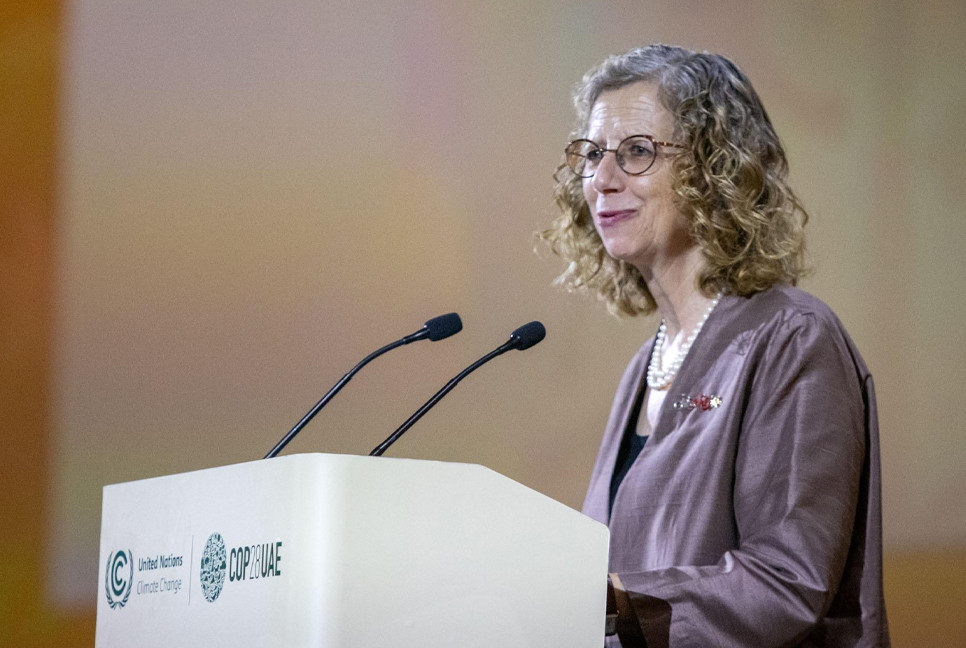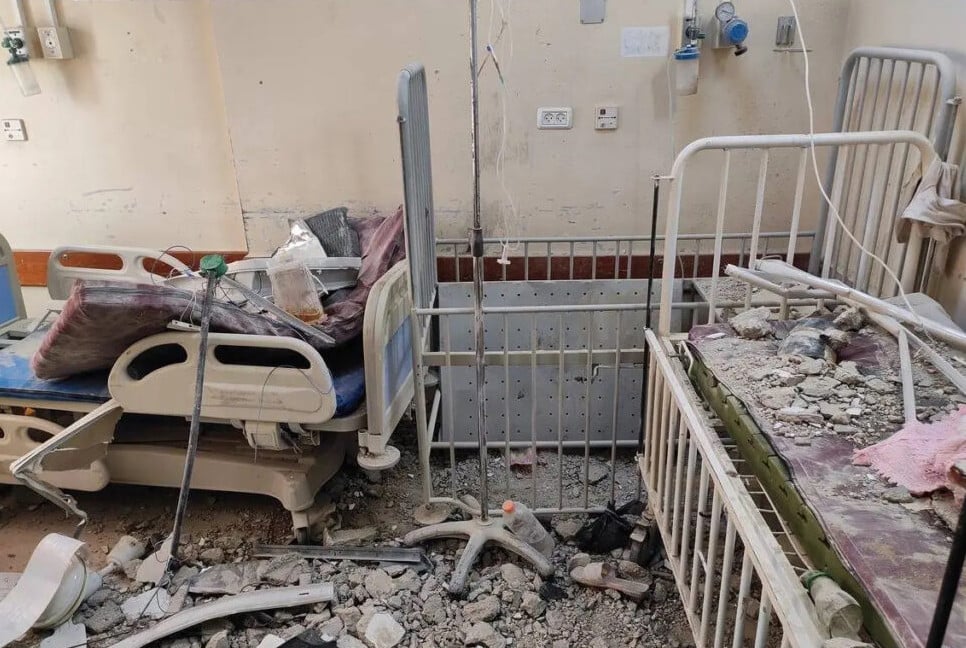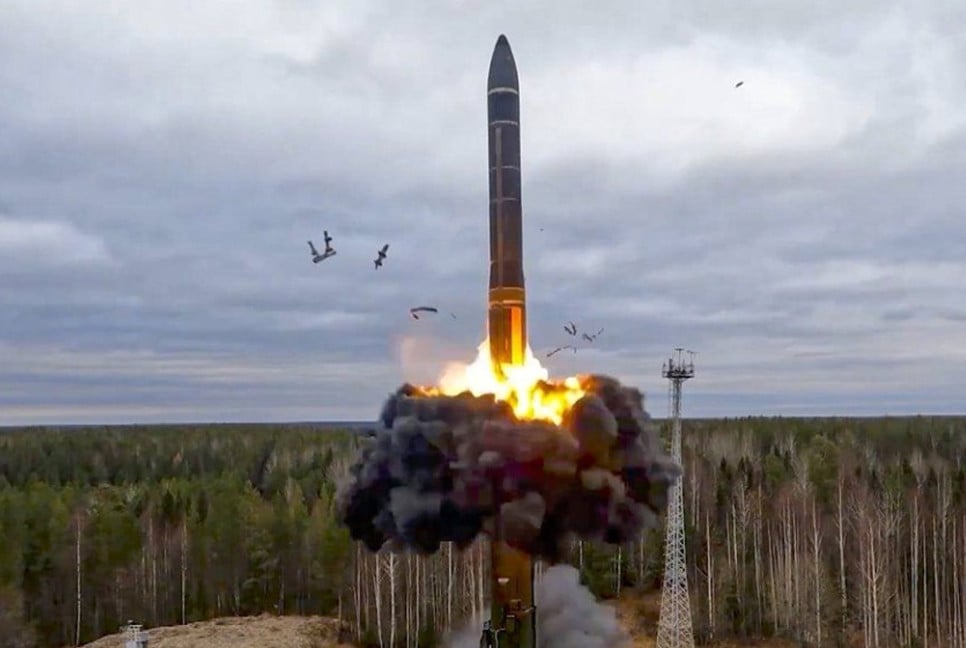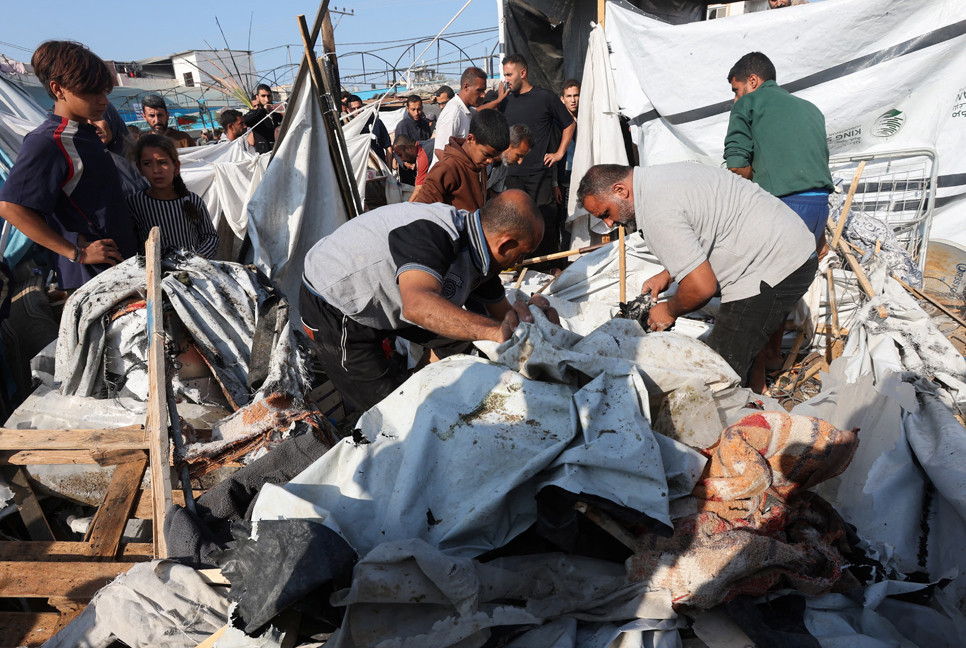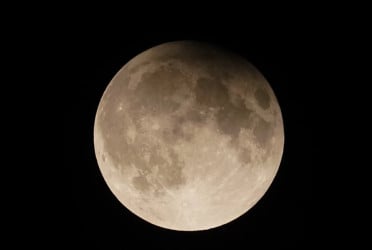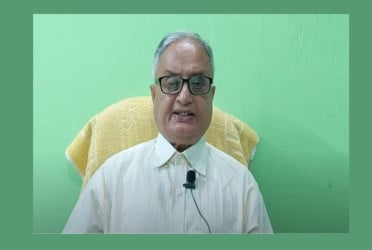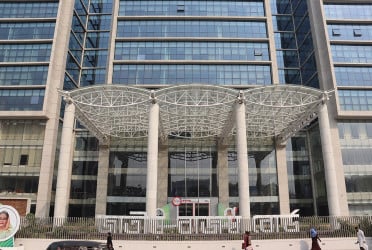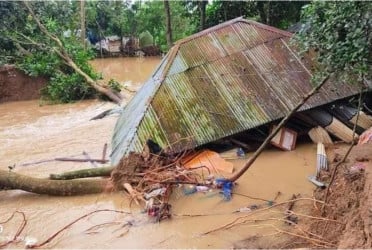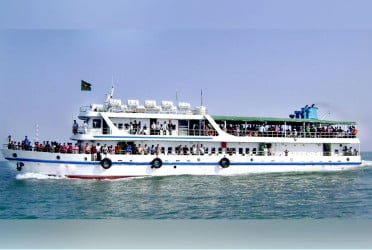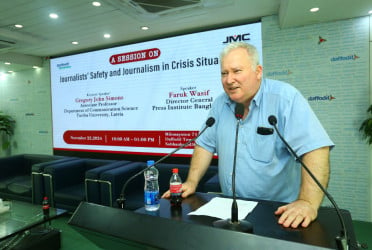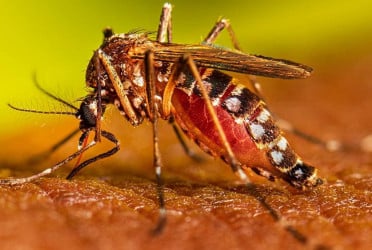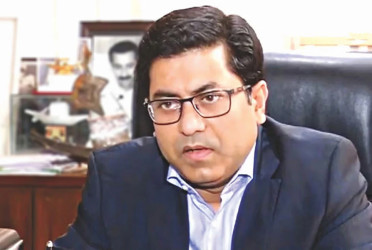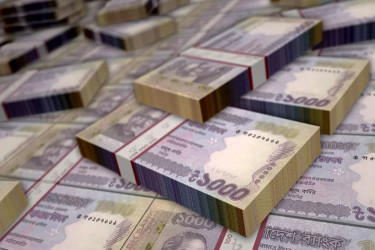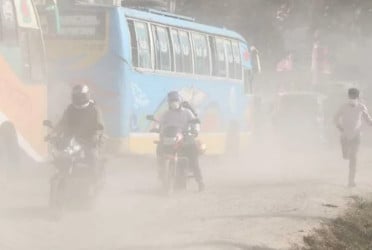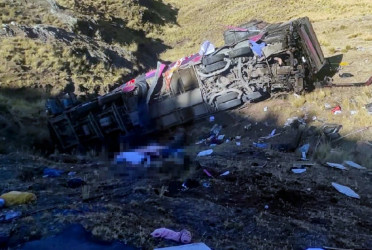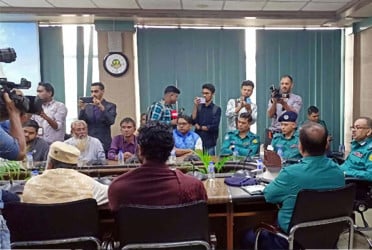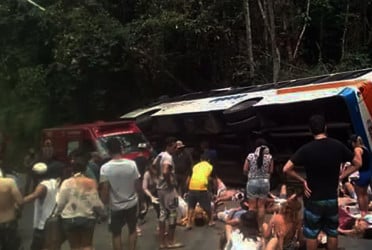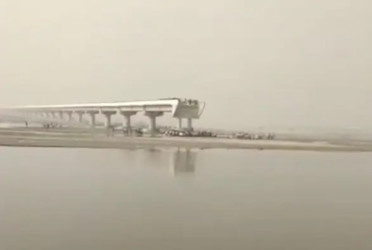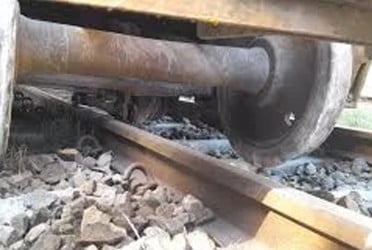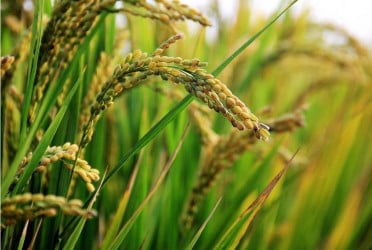A series of powerful earthquakes that hit western Japan left at least 57 people dead and damaged thousands of buildings, vehicles and boats. Officials warned Tuesday that more quakes could lie ahead, reports UNB.
Aftershocks continued to shake Ishikawa prefecture and nearby areas a day after a magnitude 7.6 temblor slammed the area.
The damage was so great that it could not immediately be assessed. Japanese media reports said tens of thousands of homes were destroyed.
Water, power and cell phone service were still down in some areas. Residents expressed sorrow about their uncertain futures.
"It’s not just that it’s a mess. The wall has collapsed, and you can see through to the next room. I don’t think we can live here anymore,” Miki Kobayashi, an Ishikawa resident, said as she swept around her house.
The house was also damaged in a 2007 quake, she said.
Two of the latest reported deaths came from Suzu, where the death toll grew to 22 people, according to city officials. Twenty-four people died in nearby Wajima city.
Although casualty numbers continued to climb gradually, the prompt public warnings, relayed on broadcasts and phones, and the quick response from the general public and officials appeared to have limited some of the damage.
Toshitaka Katada, a University of Tokyo professor specializing in disasters, said people were prepared because the area had been hit by quakes in recent years. They had evacuation plans and emergency supplies in stock.
“There are probably no people on Earth who are as disaster-ready as the Japanese,” he told The Associated Press.
Japan is frequently hit by earthquakes because of its location along the “Ring of Fire,” an arc of volcanoes and fault lines in the Pacific Basin.
Katada warned the situation remains precarious and unpredictable. The March 2011 quake and tsunami in northeastern Japan had been preceded by other quakes.
“This is far from over,” Katada said.
Predictions by scientists have repeatedly been proven wrong, such as with the 2016 quake in southwestern Kumamoto, an area previously seen as relatively quake-free.
“Having too much confidence in the power of science is very dangerous. We are dealing with nature," Katada said.
Bd-pratidin English/Tanvir Raihan

